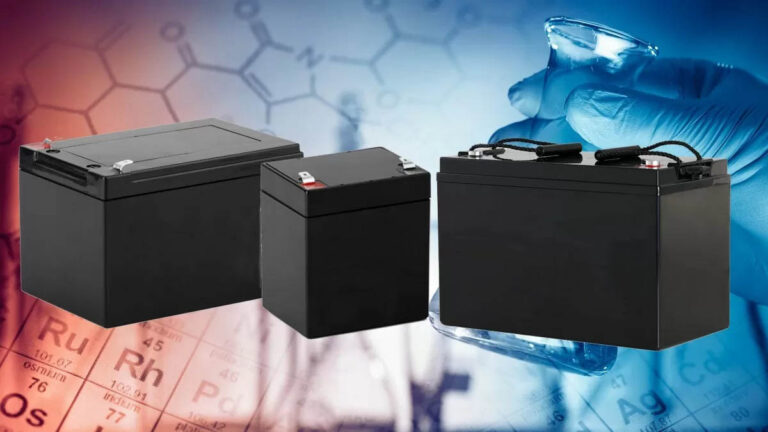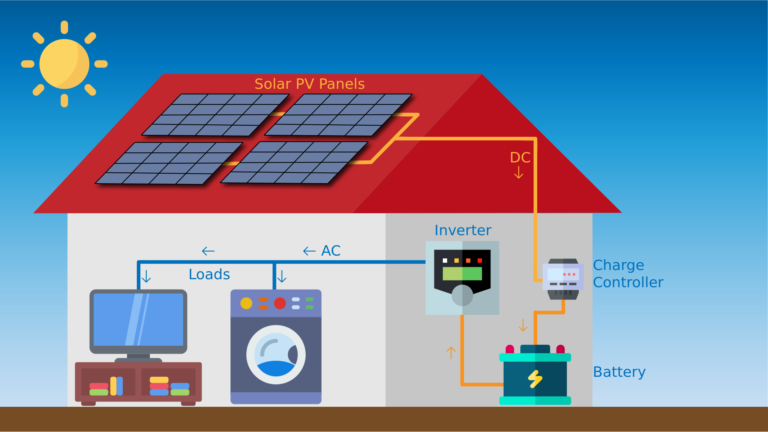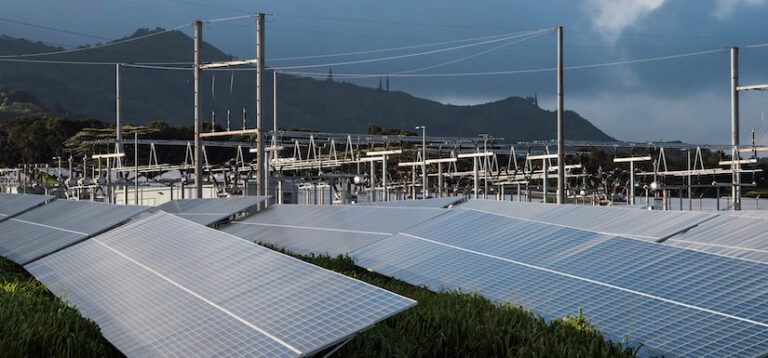
Temperature Swings in Rainy Seasons: Hidden Risks for Solar Batteries
Rainy weather often brings temperature fluctuations, which affect lead-acid battery chemistry. Cold reduces capacity, while

Rainy weather often brings temperature fluctuations, which affect lead-acid battery chemistry. Cold reduces capacity, while

During extended cloudy or rainy periods, lead-acid batteries in solar systems may discharge deeply, risking

Humidity during rainy seasons can negatively affect lead-acid batteries in off-grid solar setups. Moisture promotes

Rainy and overcast weather directly impacts the performance of lead-acid batteries in photovoltaic (PV) systems.

Even well-maintained OPzV batteries degrade over time. Watch for these signs: 1. Reduced Runtime 2.

OPzV batteries typically last 5-10 years, but lifespan depends on usage and care. Tips to Maximize

Although OPzV batteries are “maintenance-free,” periodic checks are necessary for optimal performance. Monthly Checks: 🔹 Voltage

Despite their reliability, OPzV batteries can experience issues if not maintained properly. Here are common

Charging OPzV batteries correctly is crucial for longevity and performance. Incorrect charging can lead to

OPzV (Ortsfest PanZerplatte Verschlossen) lead-acid batteries are a type of valve-regulated lead-acid (VRLA) battery designed